Sociology & Anthropology on the Block Plan
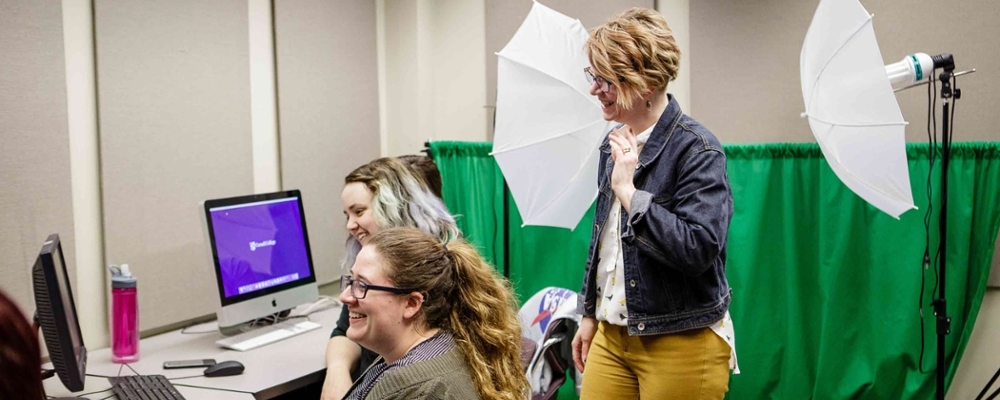
It’s life—your income is $40,000 a year. How do you live? Not, how should you live based off of your income but how do you really live? What food are you eating? Do you stop at your favorite coffee shop even if money is tight? How much does it cost to heat a two bedroom apartment?
A course assignment focused on budgeting pushes you to think about the individual’s struggle and the structures in place that impact lives. Sociology and anthropology courses are immersive learning experiences by design. Faculty will prompt you to think critically.
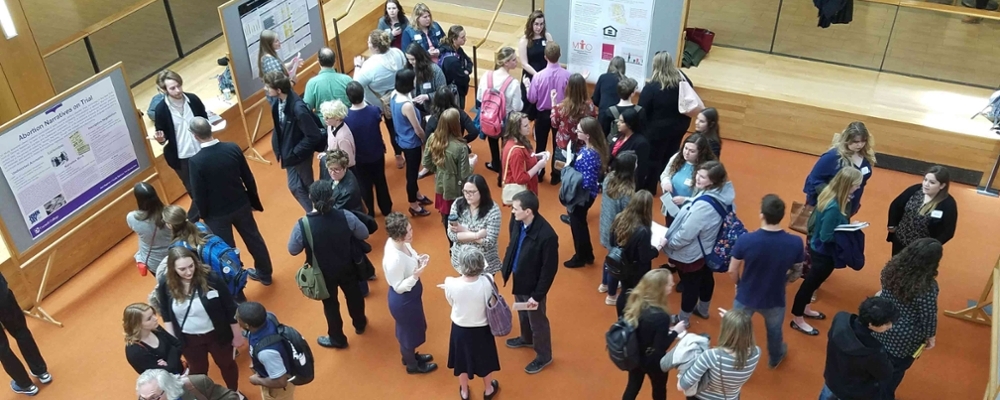
Research—in a range of courses, including research methods, and through independent studies and collaborative work with faculty. Present your research at Cornell’s Student Symposium, the Iowa Sociological Association Annual Meeting, the American Anthropological Association Annual Meeting, or the Midwest Sociological Society Annual Meeting. Many students have applied for and received awards at these professional meetings.
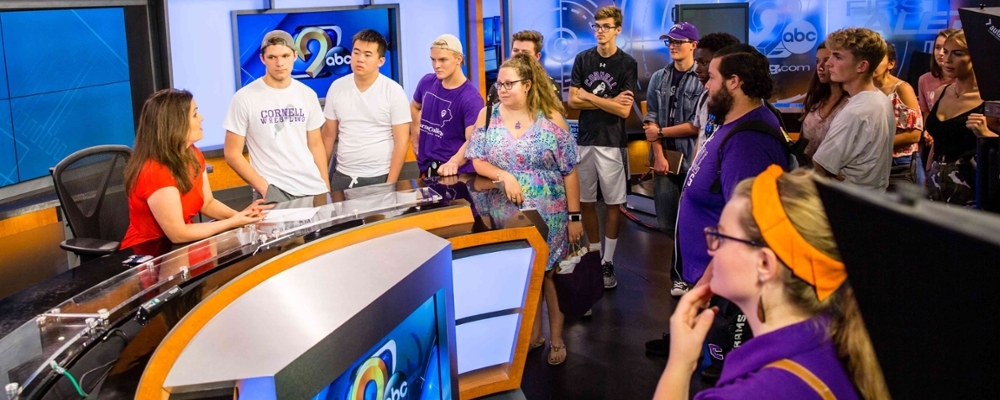
Question—your taken-for-granted assumptions. Sociology encourages us to look at society with a fresh perspective.
"Studying sociology at Cornell prepares students for life in an increasingly diverse and complex world. In classes, we pull back the layers of society to investigate the nuances of social issues and interrogate the power dynamics surrounding them, which often challenges our general assumptions about the world. Students routinely apply their understanding to real-world social issues like criminal justice reform, reproductive health, or gender inequality through engaged, hands-on projects they share with others, beyond the classroom. Students majoring in sociology graduate with a strong conceptual foundation of contemporary inequality as well as the tools to address these issues."-Professor Tori Barnes-Brus
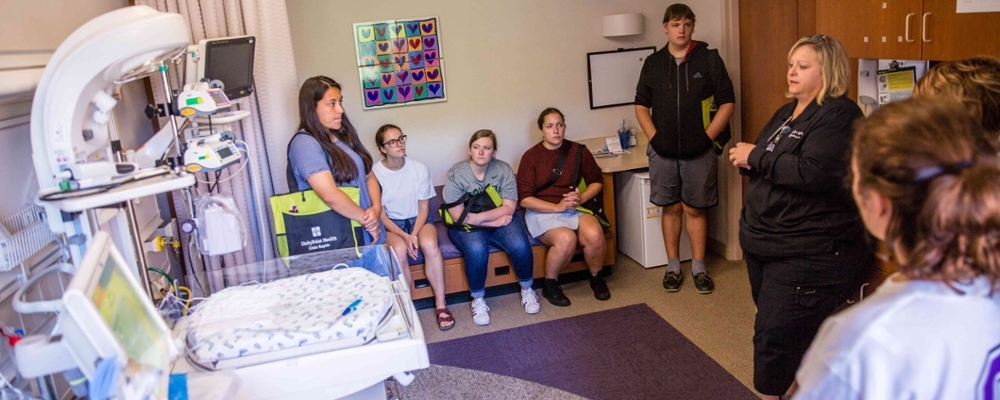
Investigate—people’s actions. Give careful attention to the everyday lived experience of people around the world. What does it mean to be human? Think critically about the complex influences of history, tradition, social norms, religions, families, global and local systems of power, innovation, and individual agency.
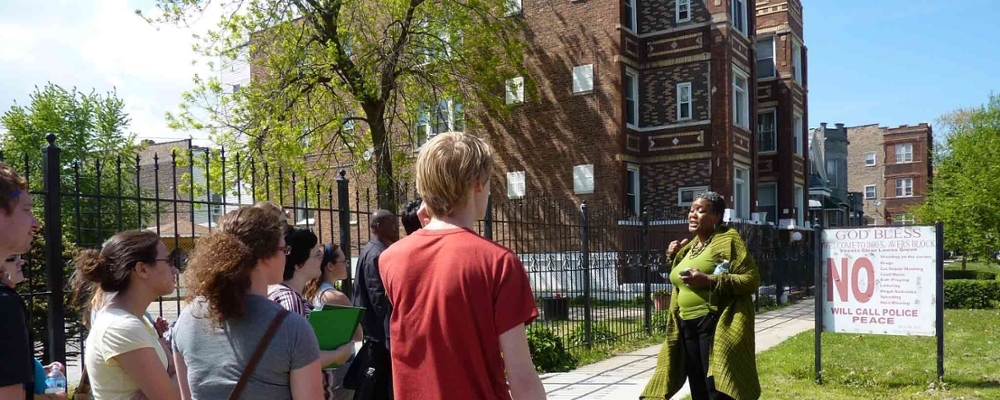
Explore—the rich diversity in human life. Thinking anthropologically encourages respect for individuals and for other cultures.
“The block schedule allows us to take a field trip or to even spend a month in Chicago, Ireland, Japan, or Nepal visiting the community and non-profit organizations, attending special exhibits, or interacting with professionals to learn more about future career opportunities. Students have interned with the Overseas Migration Museum in Kobe, Japan, the Cook County Public Defender's office in Chicago, and the State Archaeologist in Iowa City. Students have studied religious congregations’ efforts to be inclusive, mental health and the criminal justice system, and eviction patterns and prevention (in collaboration with Willis Dady Homeless Services in Cedar Rapids). Ultimately, our graduates are prepared for the variety of opportunities that await them.”-Professor and Associate Dean of the College Erin Davis
Imagine—possibilities for social justice. Sociology courses provide a basis for thinking about social alternatives.
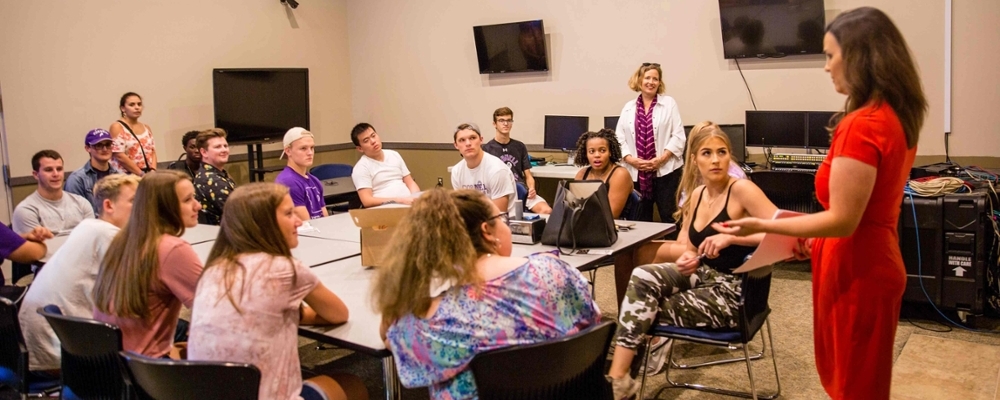
Engage—as a citizen, locally and globally, and in the classroom, in a challenging, yet supportive, learning community in which you’ll develop an awareness of your social location, respect for diverse experiences and cultures, and commitment to social justice.
